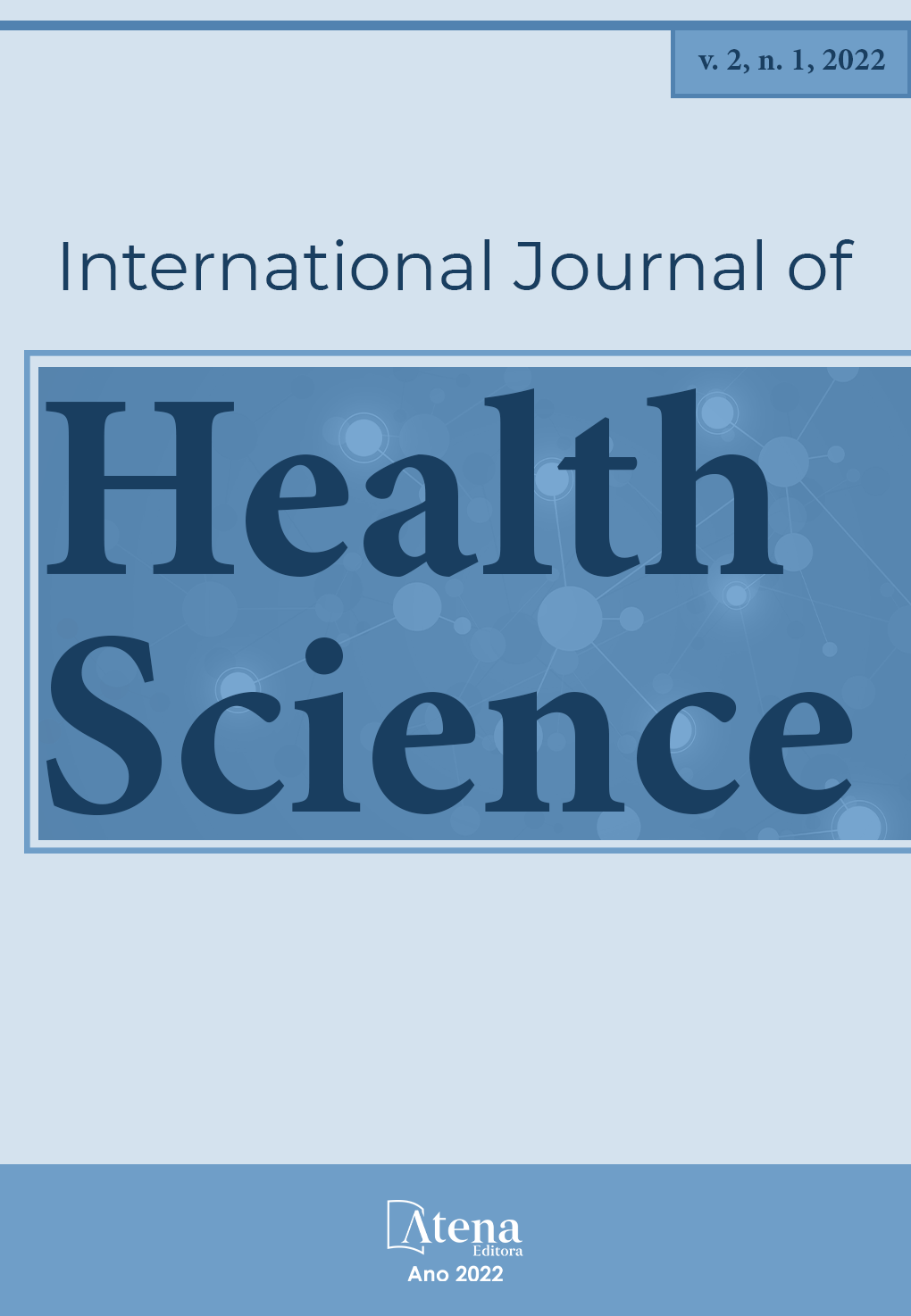
NEUTROPENIC FEVER IN ONCOLOGICAL PATIENTS: CHARACTERISTICS OF THE TREATMENT AND THE MAIN BIOCHEMICAL MARKERS
Febrile neutropenia is a clinical complication in patients diagnosed with cancer and undergoing chemotherapy, which in turn leads to a condition of immunosuppression, making the patient vulnerable to infections to various microorganisms, and as a consequence the patient undergoing cancer treatment develops a more severe neutropenic condition. It is necessary to discuss the occurrence of febrile neutropenia in cancer patients, a measure adopted to prevent infectious conditions, with an inversely proportional relationship between infections by microorganisms and the decrease in the number of blood neutrophils in cancer patients, given the infectious context in which the cancer patient is exposed due to chemotherapy treatment, antibiotic therapy applied to patients with febrile neutropenia will be essential for professionals involved in the treatment of the patient for a positive recovery in the face of febrile neutropenia, thus avoiding a negative prognosis in the treatment of the cancer patient. The altered biochemical markers in cases of febrile neutropenia is also a parameter used for the follow-up of the oncological patient, clearly aiming at an approach regarding both the treatment of the oncological patient when he develops febrile neutropenia.
NEUTROPENIC FEVER IN ONCOLOGICAL PATIENTS: CHARACTERISTICS OF THE TREATMENT AND THE MAIN BIOCHEMICAL MARKERS
-
DOI: 10.22533/at.ed.159212210015
-
Palavras-chave: Febrile Neutropenia. Cancer. Antibiotic therapy. Neutrophils.
-
Keywords: Febrile Neutropenia. Cancer. Antibiotic therapy. Neutrophils.
-
Abstract:
Febrile neutropenia is a clinical complication in patients diagnosed with cancer and undergoing chemotherapy, which in turn leads to a condition of immunosuppression, making the patient vulnerable to infections to various microorganisms, and as a consequence the patient undergoing cancer treatment develops a more severe neutropenic condition. It is necessary to discuss the occurrence of febrile neutropenia in cancer patients, a measure adopted to prevent infectious conditions, with an inversely proportional relationship between infections by microorganisms and the decrease in the number of blood neutrophils in cancer patients, given the infectious context in which the cancer patient is exposed due to chemotherapy treatment, antibiotic therapy applied to patients with febrile neutropenia will be essential for professionals involved in the treatment of the patient for a positive recovery in the face of febrile neutropenia, thus avoiding a negative prognosis in the treatment of the cancer patient. The altered biochemical markers in cases of febrile neutropenia is also a parameter used for the follow-up of the oncological patient, clearly aiming at an approach regarding both the treatment of the oncological patient when he develops febrile neutropenia.
-
Número de páginas: 15
- Lustarllone Bento de Oliveira
- Bruno Henrique Dias Gomes
- Marcela Gomes Rola
- Alexandra Barbosa da Silva
- Jéssica dos Santos Folha
- Nadyellem Graciano da Silva
- Liviny Costa Machado
- Larissa Leite Barboza
- Raphael da Silva Affonso
- Rosecley Santana Bispo da Silva
- Axell Donelli Leopoldino Lima
- Erica Carine Campos Caldas Rosa
- Alexandre Pereira dos Santos
- Viviane Pires do Nascimento


